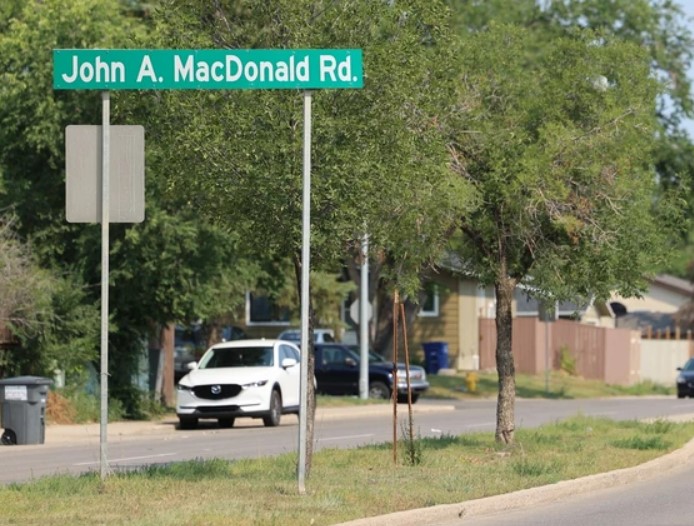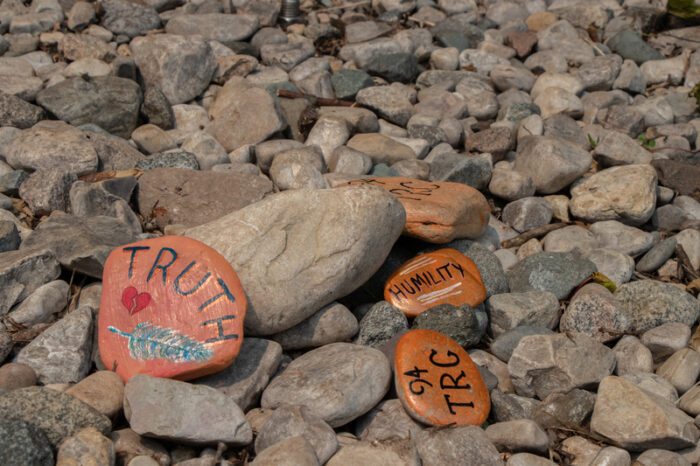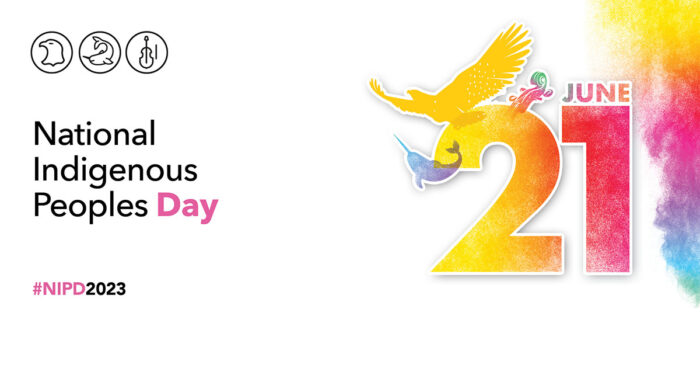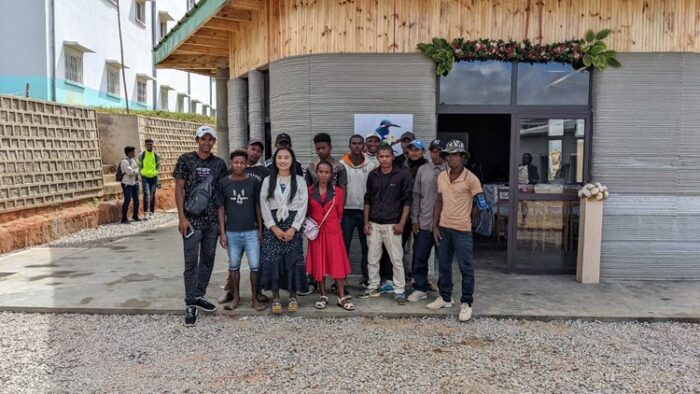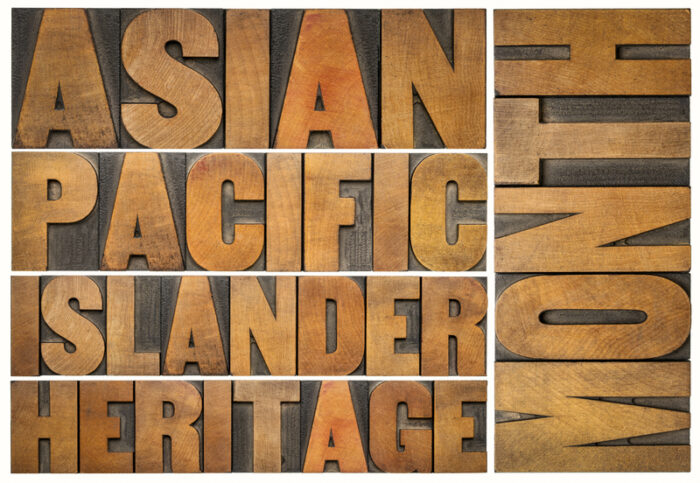We are now into the first week of February, also known as Black History Month in Canada and the United States. This is a time to recognize the achievements and stories of Black people in society.
With a name like Black History Month, it would be easy to imagine that this period is all about the past. But it's not. And the government of Canada is making that clear this year with its 2021 theme for the month: The Future Is Now.
This doesn't mean that the historical achievements of Black Canadians aren't worth celebrating, acknowledging, and learning about. They are, now and all year round! What it does mean is that it can't only be about the past. Systemic racism and inequity is something that exists today—so it's just as important to point out (and celebrate!) current achievements, too.
As the Canada website puts it, this month is a "chance to celebrate and acknowledge the transformative work that Black Canadians and their communities are doing now."
Because the truth is, history is being made all the time!
Listening to Black voices
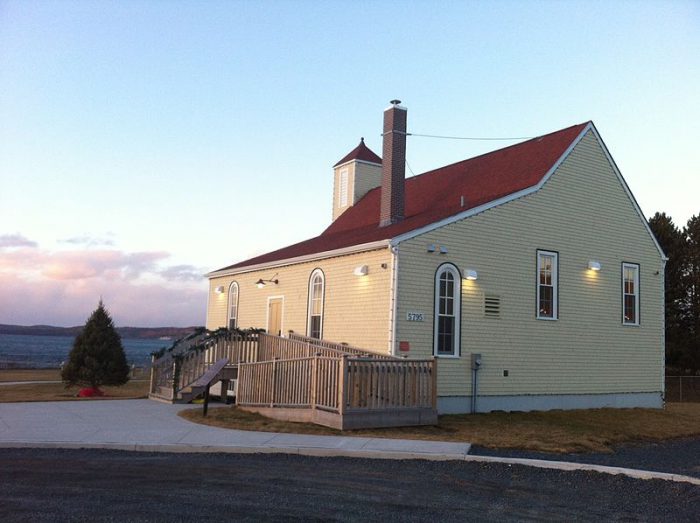
The current issue of OWL magazine looks at the story of Africville, a Black village in Nova Scotia that was destroyed by racist policies. (Wikimedia Commons)
Whether talking about the past or the present, one important way to get the real story on Black history and experiences in Canada is to listen to Black voices. This means Black writers, activists, poets, performers, historians, and more!
For example, you could dig into some great books found on this list of Black authors. Or even head to the newsstands and grab the new January/February issue of OWL magazine, which has a story on Africville written by Black historian Gloria Wesley.
Some of these things are about Black history. Others are about young Black people doing amazing stuff as we speak. All of it is worth celebration. And what matters is being able to put it all together.
Putting it all together
Michaëlle Jean was Canada's first Black Governor-General. She is still active in speaking and motivating positive change. (Getty Embed)
Last year, one of our favourite posts was when we spoke with Alicia Dyson, a Black teacher in Toronto, about how she approaches racism and civil rights with her class. She said some awesome stuff that we'd love to revisit right now.
She talked a lot about "training yourself to look at things that you take for granted every single day and to think a little bit more deeply about them." For example, how our society works. Why aren't the achievements of Black Canadians as well recognized as those of white Canadians? Then, we can start to have what Alicia called 'courageous conversations'.
"A courageous conversation," she said, "is an opportunity to involve different perspectives about how people feel, and how differences in power, or imbalances, play out." In other words, listening to each other. Even when what that person has to say is unfamiliar or uncomfortable.
"You need to build a sense of community so that people think beyond themselves," she said. "We need to understand the role of empathy."
A larger community
So let's use this Black History Month to do just that. Listen. Have courageous conversations. Build a community that is bigger, more inclusive, more full of empathy than ever. Know the past. See the present.
Then make a great future. Now!
Watch Canada's Minister of Diversity and Inclusion and Youth Bardish Chagger talk about this year's Black History Month in the video below. And let's celebrate!
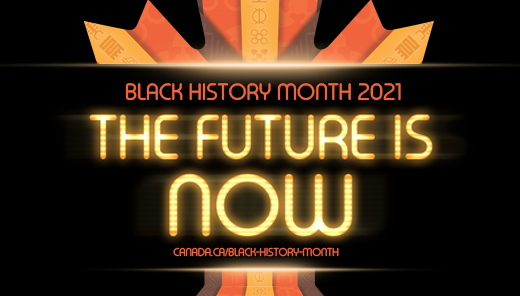 Black History Month should be as much about understanding the present as the past. (Government of Canada)
Black History Month should be as much about understanding the present as the past. (Government of Canada)
